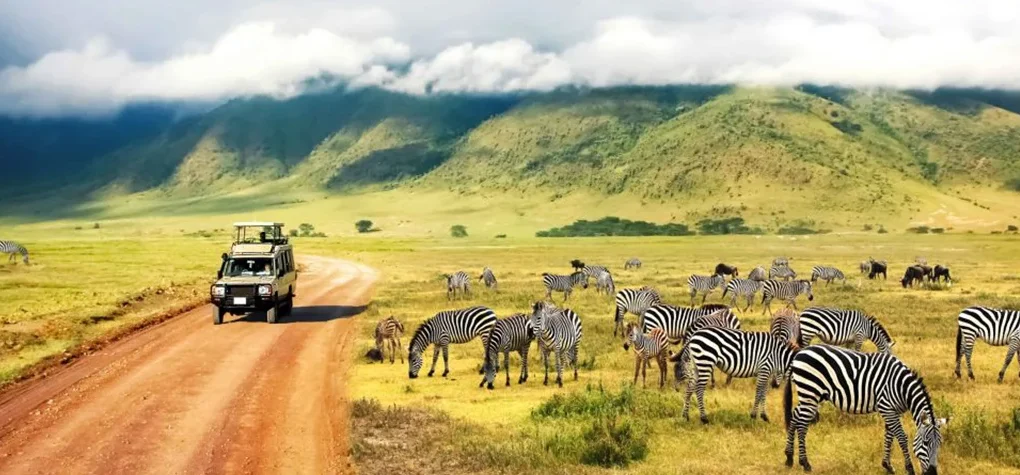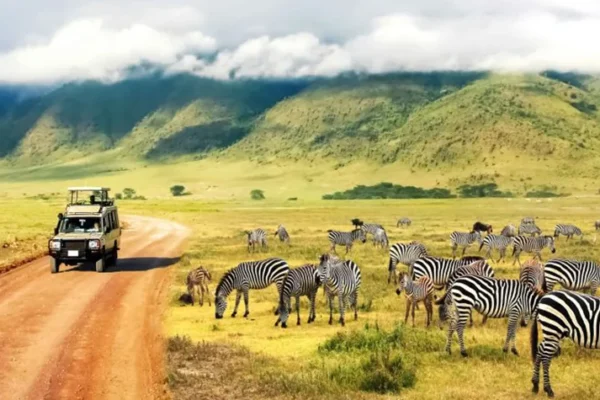
8-MILLION TOURISTS POSSIBLE
By The Arusha News Reporter. Tourism remains a key sector of the economy that contributes significantly to foreign exchange earnings, government revenue and employment that requires balanced economic utilisation and environmental conservation for long-term sustainability. Speaking at the inaugural state-organised Serengeti Awards Ceremony in Arusha last Saturday, the Prime Minister (PM), Dr Mwigulu Nchemba, said…






































